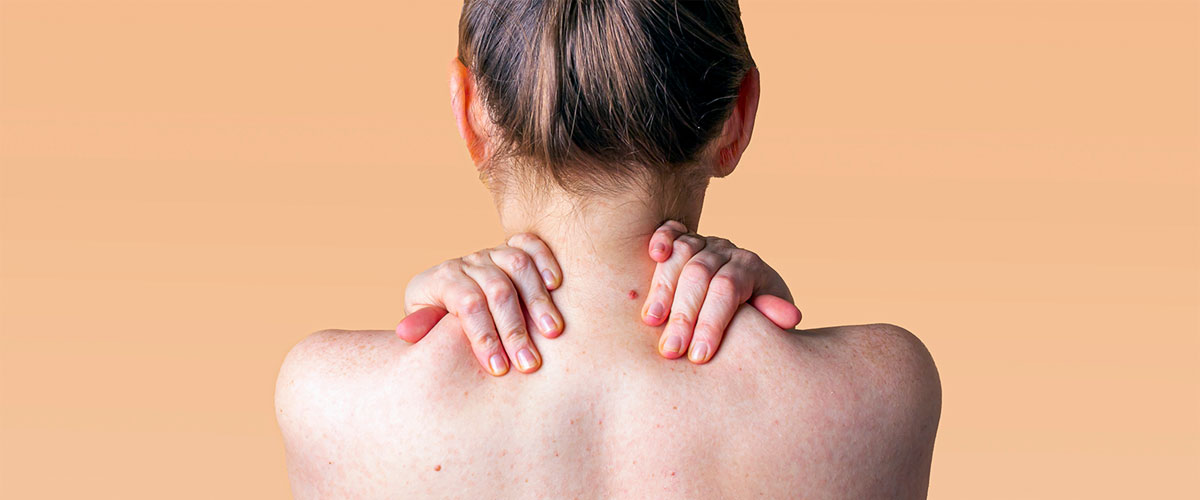Eczema, also known as atopic dermatitis, is the most commonly diagnosed inflammatory skin disease in the world, and can affect up to 3% of adults and 20% of children1. As an inherited, chronic itchy skin condition, it usually appears in early childhood and may continue into adulthood for some people, but many cases may improve or clear up during later childhood.
-
QV Dermcare Eczema Daily Cream With Ceramides
QV Dermcare Eczema Daily Cream With Ceramides
Clinically tested moisturising cream for the symptomatic relief of mild to moderate eczema1.
VIEW PRODUCTQV Dermcare Eczema Daily Wash With Ceramides
QV Dermcare Eczema Daily Wash With Ceramides
Soap-free body wash, clinically tested for the symptomatic relief of mild to moderate eczema1.
VIEW PRODUCTQV Dermcare Sting-Free Ointment With Ceramides
QV Dermcare Sting-Free Ointment With Ceramides
A Ceramide enriched sting-free ointment that helps support the skin barrier. Soothes cracked, dry skin.
VIEW PRODUCT
Always read the label and follow the directions for use.
Eczema requires a diagnosis by a medical practitioner. QV Dermcare Eczema Daily Wash and Daily Cream help relieve the symptoms of mild to moderate eczema.





